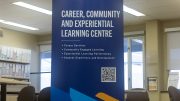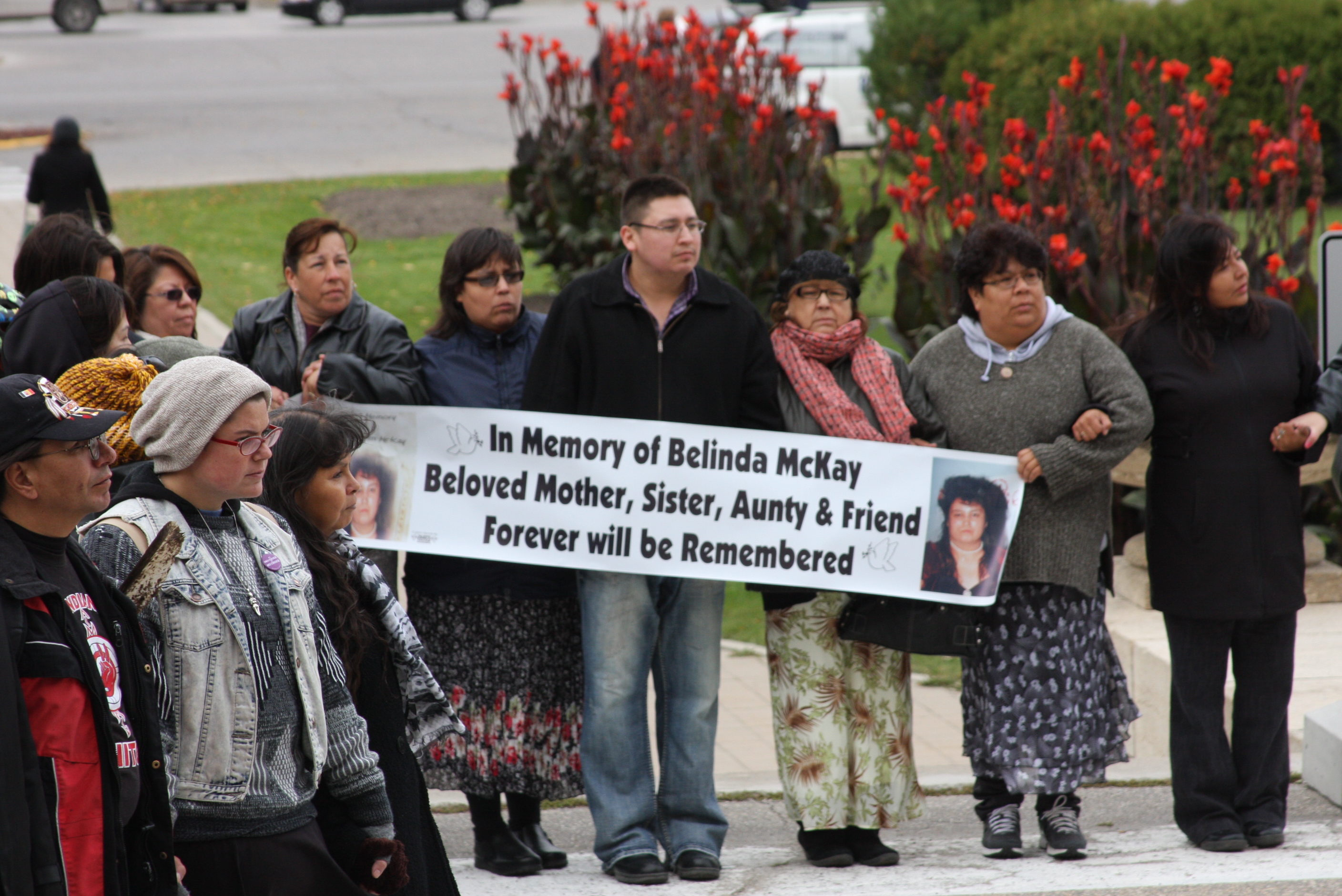GSA senate candidates
senate candidate:
Olivier Gagne
Experience
Vice-president of departmental students’ association
Vice-president of U of M tennis club
GSA councillor
GSA senator since February 2011
Attended Canadian Federation of Students’ AGM
Why did you decide to run?
I was asked to become a vice-president of my students’ association in my department, then I got elected vice-president of the U of M tennis club, so I ran for a councillor for the GSA, and I have had a really good time ever since. I want to keep going by being a senator this time, not just a councillor.
What is the role of the GSA?
To represent the graduate students, like UMSU represents undergrads. We have the same fights, same goals, we share common spaces. We have a lot in common, so it’s important to collaborate on issues. So being a senator my only goal is to voice graduate student opinion.
What do you hope to accomplish as senator?
Whatever the graduate students need; right now we want to continue with the current executives’ agenda: housing for international students, healthcare, the pub and student rights.
Senate candidate:
Peter Karari
Experience
Founder and first president of the U of M Kenyan Students’ Association
Founder and president of Dignitas International – U of M chapter
Vice-president Peace and Conflict Students’ Association
Founder and president of Bridging the Gap
GSA council member
Why did you decide to run?
Because I want to serve the students. Leadership is service and I think I can be able to give some service to the students. I believe that there are various challenges facing the students of the University of Manitoba and I want to work actively with the students and address their direct needs.
What is the role of the GSA?
The GSA serves the holistic needs of the graduate students, not only the academic needs, but also the socio-economic needs.
What do you hope to accomplish?
As a senator I want to focus on advocacy, by which I mean reaching out to the needs of the students. The students of the university may not be able to speak for themselves, so as a senator I will be a voice for the students, a voice for the voiceless, and basically try to address the expressed needs and work with them to accomplished their academic and social goals.




